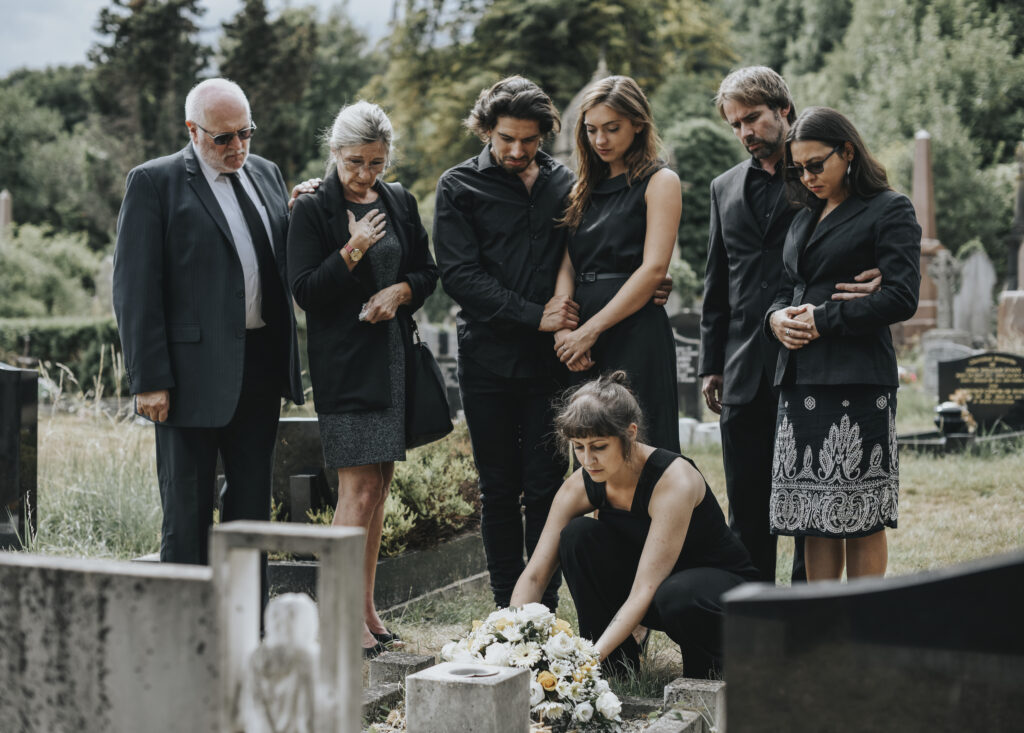What exactly is Probate court? When someone has died with assets, with or without a will, probate is started when a person files a petition for probate with the state’s probate court. The petition is normally filed by the executor of the deceased’s will or by a member of the deceased’s family. The goal of going to probate court is to receive approval to begin the settlement of the decedent’s estate, as well as to settle any issues pertaining to the estate.
Investopedia’s recent article entitled, “What Is Probate Court?” explains that the individual filing the petition must also file the original will and a copy of the certified death certificate.
In the first hearing, the probate court appoints the executor for the deceased’s estate. The executor (or administrator, if there’s no will) is responsible for distributing the deceased’s estate to the proper beneficiaries, among other administrative duties.
The judge will provide the executor with Letters Testamentary (or Letters of Administration), which give the executor the authority to pay bills, sell assets and perform other duties.
Before accepting the Letters and performing their duty, the executor may need to post bond (to protect the estate from any adverse consequences of their actions). However, this is fairly rare.
The executor then will do the following:
- Notify those to whom the deceased owed money (creditors)
- Notify beneficiaries
- Inventory the deceased’s assets
- Pay outstanding bills
- Sell assets if necessary to pay what’s owed; and
- Pay taxes and file a final tax return.
Once those tasks are completed, the executor distributes the remaining assets to the beneficiaries, according to the will’s provisions.
The probate court monitors the executor’s activities and handles issues that may arise. For instance, if the executor objects to a claim, the court will hear the evidence and make a decision.
The executor must usually provide an accounting of how the estate was handled. Once the court approves this, it closes the probate process.
An informal probate process, also called summary probate that requires less court oversight can be used if it’s a small estate, the will is simple, all parties are in agreement with it and no objections are made.
When a person dies with no will—known as intestacy—the court will distribute the decedent’s property to their next of kin, according to the state probate laws.
Everyone, even with a small estate, should have a will created so that intestacy is not an issue. The attorneys at Beck, Lenox & Stolzer can help you with that. Schedule a free phone call with one of our attorneys to learn more.
Investopedia (Sep. 21, 2022) “What Is Probate Court?”










